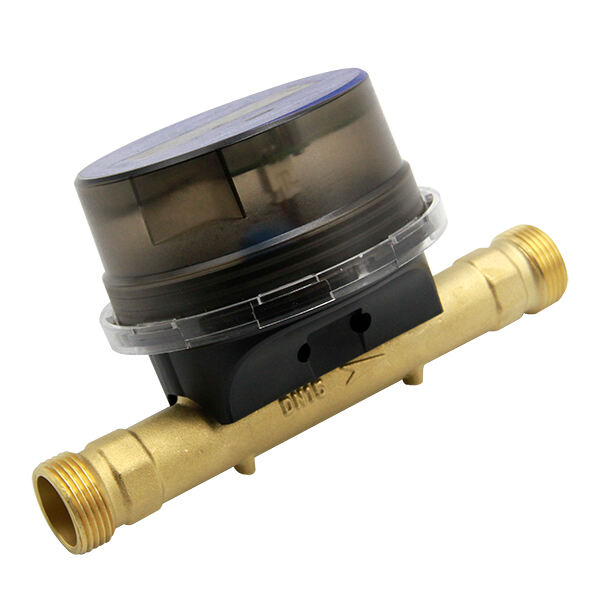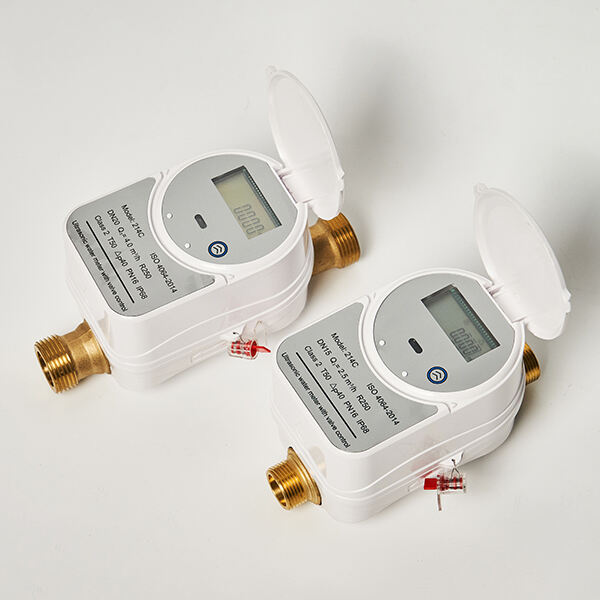
Uporaba 24-bitnih ADC-jev zagotavlja, da ni izgube podatkov ali motenj zaradi šuma med prenosom in shranjevanjem. Podatki iz analognih senzorjev se spremenijo v visoko ločljive digitalne signale in merilnice za toploto delujejo kot digitalna naprava. Digitalni vmesnik omogoča lažjo integracijo z analitiko velikih podatkov v oblaku, kar omogoča oceno trendov in napovedovanje napak. Prek spletnih vrat in API-jev lahko uporabniki pridobijo zgodovinske podatke pametnega mesta, kar pomaga pri sprejemanju odločitev, ki so temeljene na podatkih, kot sestavni del avtomatizacijskih sistemov v infrastrukturi mesta.
